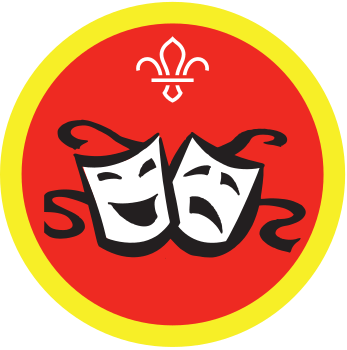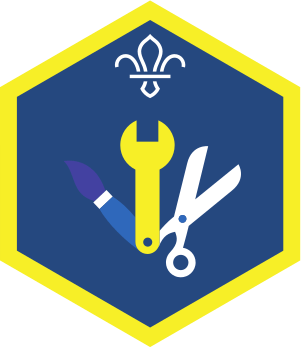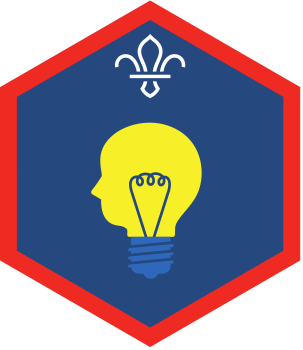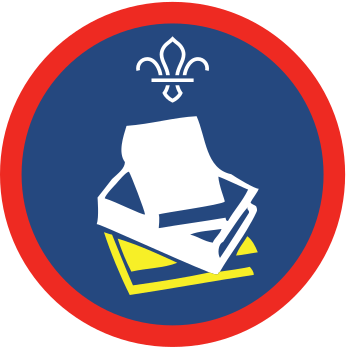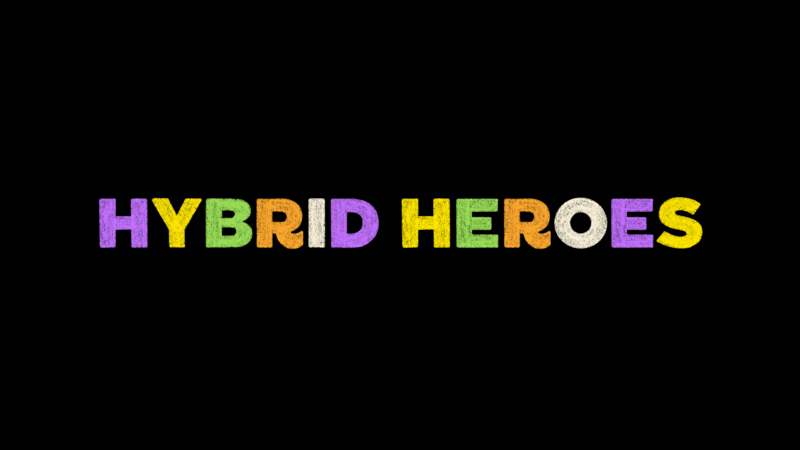
Hybrid heroes
You’ll need
- Scrap paper
- Coloured pens or pencils
- Books
Share your stories
- Everyone should split into small groups. Each small group should stack their books in a pile.
- One person from each group should choose a book from another group’s pile and try to guess who it belongs to.
- Once they’ve found the owner, the person who chose the book should ask the owner a question to find out why they chose that book. They could ask about why they enjoyed reading it, their favourite character, or what the best bit of the book was.
- Another person from each group should choose a book and guess an owner. Everyone should keep going until everyone’s guessed an owner and asked a question.
Create your heroes
- Everyone should split into small groups. Each group should get some paper and pens.
- Everyone should think about some characters from books they’ve read recently to use as inspiration. What do they look like? Can they think of any that look distinctive?
- Everyone should draw a head for the hero. They should fold the paper backwards, so the head’s facing down and can’t be seen, then pass the paper to the person to their left.
- Everyone should draw a torso for the hero they’ve just been given. They should fold the paper backwards again, so the torso’s facing down and can’t be seen, then pass the paper to the person to their left.
- Everyone should draw some legs and feet for the hero they’ve just been given.
- Everyone should take it in turns to reveal their finished hero hybrid. People should guess the characters people used for inspiration and reveal their stories.
Act out your adventure
- Everyone should stay in their small groups. They should come up of lots of ideas for characters, stories, and scenes – the other two parts of this activity should give team plenty of inspiration.
- After a few minutes, everyone should work together to choose one story, scene, and set of characters.
- Everyone should work to plan and practice their scene. How will they make it obvious who the characters are? What different roles are there for people?
- Everyone should take it in turns to perform their sketch. After each group, everyone should try to guess who the characters are or which book the scene’s from.
Reflection
This activity was all about communicating. People have been communicating through stories for thousands of years. The technology’s changed, but stories are still an important part of everyday life. People don’t always gather together to tell stories any more, and even books are changing with new technologies. Reading online’s really popular. Does anyone know how they can read online (for example, with a mobile app or borrowing an e-book from their local library)? Why is it important that we learn new ways to communicate? Do people prefer reading a book online, in paper form, or through audio?
The technology’s changing, but stories still have lots of the same themes. They often bring people together as they share messages about working with each other and bouncing back when things get tough. How can stories help people be better team players? Stories can help people practice putting themselves in someone else’s shoes and seeing their side.
Have people learned anything from the characters in the books they talked about in ‘Share your stories’? Everyone could choose a character (or go to the hero their group created) and add words to the page to describe them. If they want to, people could share their ideas.
Safety
All activities must be safely managed. You must complete a thorough risk assessment and take appropriate steps to reduce risk. Use the safety checklist to help you plan and risk assess your activity. Always get approval for the activity, and have suitable supervision and an InTouch process.
You could split the drawings in ‘Create your heroes’ into more sections, for example, separating out the feet or adding a hat. You could also give everyone a blank person outline and get them to add face and hair, then clothes, then props, then a background.
It’s also up to you how long people have to work on their performance. You could spend time creating props and costumes, for example.
There are plenty of roles for people who don’t want to perform, for example, narrating, directing, or writing the script.
All Scout activities should be inclusive and accessible.
Why not swap favourite books with someone? You could share your thoughts once you’ve finished. Do you have similar taste in stories?
If anyone enjoyed writing scripts of performing, they could get involved in a local gang show.
‘Create your heroes’ again, this time with a young person leading the instructions. How do they want people to draw the characters?
